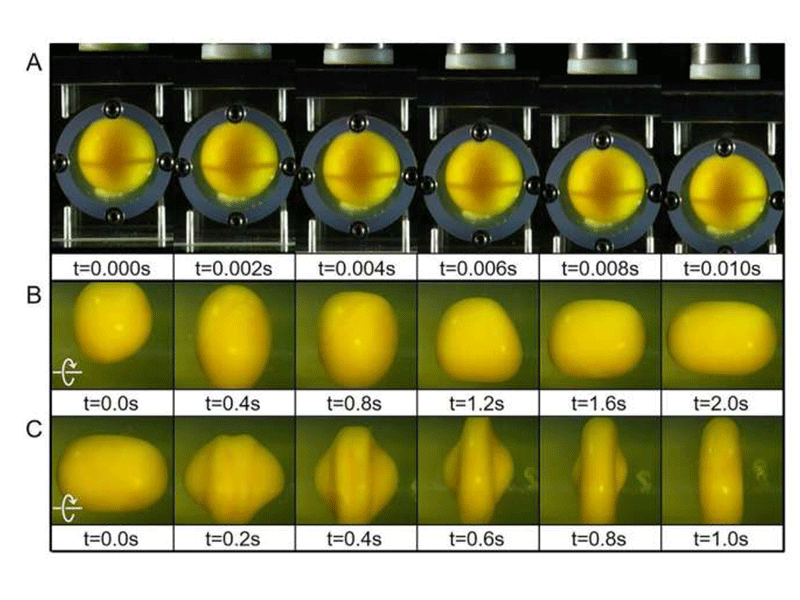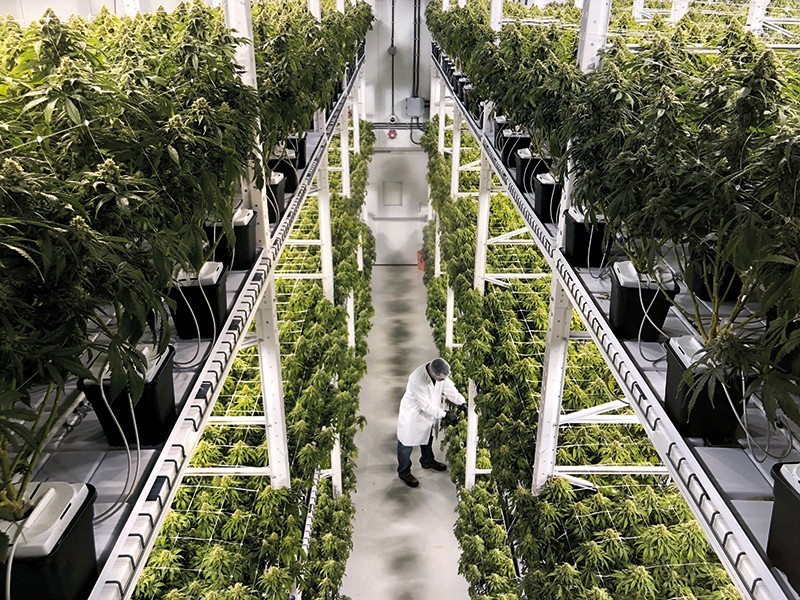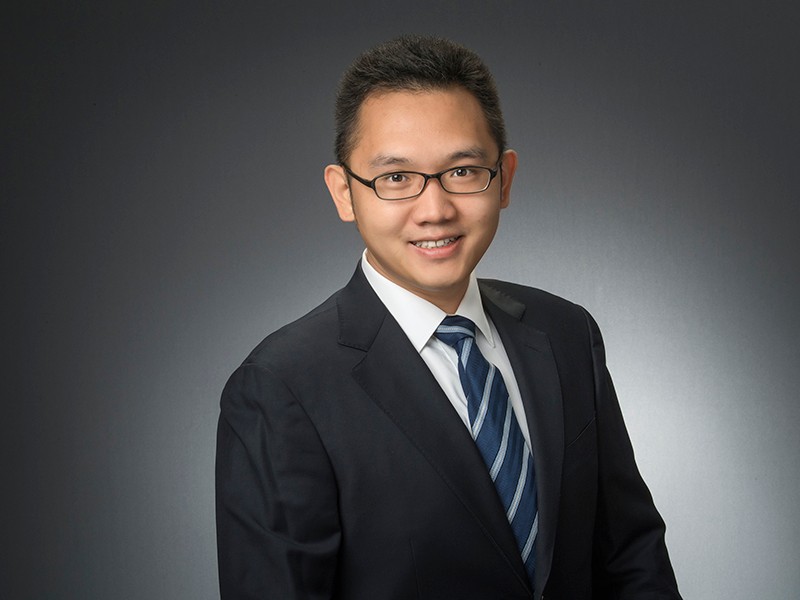MECHANICAL ENGINEERING RESEARCH AND FACILITIES
In the Department of Mechanical Engineering, exciting opportunities exist for students and faculty at all levels to address some of the Earth's greatest challenges. We consider it our mission as engineers to serve the common good, encompassing humanity and the natural world.
AREAS OF FOCUS
Mechanical Engineering faculty are modeling, developing and testing robots and autonomous vehicles (unmanned systems)—ground, marine and air—and their cooperative missions. They are also developing advanced modeling techniques integrating machine learning and physics for complex dynamic systems.
Affiliated Faculty: Dr. Hashem Ashrafiuon, Dr. Garrett Clayton, Dr. C. Nataraj, Dr. Sergey Nersesov
Research involves the modeling of cells, tissues and biomaterials; cryopreservation; cardiovascular engineering; computational bone mechanics and solid mechanics; brain biomechanics; cellular biomechanics and biofluid dynamics.
Affiliated Faculty: Dr. Jens Karlsson, Dr. Ani Ural, Dr. Qianhong Wu, Dr. Chengyu Li
Faculty are engaged in nanomechanical characterization and modeling and the design of nanomaterials and nanostructures for a variety of applications. They are also investigating the mechanical response of advanced materials.
Affiliated Faculty: Dr. David Cereceda, Dr. Gang Feng, Dr. Bo Li, Dr. Sridhar Santhanam
Research involves thermal and flow management and architecture design, heat transfer, computational fluid dynamics, systems engineering, biomimetic and bioinspired flows, and engineering for sustainability. Constructal theory is also an area of specialization.
Affiliated Faculty:
CENTERS AND LABS
CENTERS OF EXCELLENCE
Center for Energy-Smart Electronic Systems is developing methodologies, tools and systems to maximize energy efficiency and productivity in the operation of data centers, creating a greener industry
Center for Nonlinear Dynamics and Control is working on real-world applications—including security, mobility and healthcare—of nonlinear dynamic systems and control theory
Villanova Center for Analytics of Dynamic Systems is making use of "big data" to uncover the underlying dynamics for analysis, diagnostics, prognostics and health management
FACULTY LABS
- Advanced Control Theory and Applications
- Biothermal Sciences
- Cellular Biomechanics and Sport Science
- Computational Biomechanics and Solid Mechanics
- Flow Simulation & Flow Physics
- Heterogeneous Autonomous Vehicles Laboratory
- Hybrid Nano-Architectures and Advanced Manufacturing
- Laboratory for Advanced Thermal and Fluid Systems
- Mechanics of Materials and Processing
- Methods for Systems Analysis
- Multiscale Modeling of Materials and Machine Learning
- Nano-Bio-Mechanical Characterization
- Nanoengineering Multiphase/Interfacial Energy Transport
- Thermal and Flow Management of Multiscale Systems
- Unmanned Surface and Underwater Vessels
RESEARCH REPORT
Researchers Use Eggs To Model Concussion and to Better Understand Sudden Impact Brain Injuries
Picked up by the American Institute of Physics, LiveScience.com, Phys.org, the DailyMail and other sites, novel research by Dr. Qianhong Wu and PhD student Ji Lang used an egg yolk to shed light on what specifically happens to the brain of a patient who experiences traumatic brain injury. Their findings provide a new perspective on the response of a membrane-bound soft object to sudden external impacts, helping to better understand flow physics of head injury.
Villanova Professor Addresses Energy Efficiency Issues in the Cannabis Industry
Mechanical Engineering’s Dr. Aaron Wemhoff is partnering with HVAC equipment design firm, Surna Inc., to advance efficiency in dehumidification technology in cannabis grow facilities, which is a major contributor to the growing industry’s substantial energy usage. This project does not focus on promoting cannabis use or advancing the cannabis industry, but rather identifying opportunities for energy and carbon savings.
NSF Grant Supports Chengyu Li’s Research on Flow Across Scales
Mechanical Engineering Assistant Professor Dr. Chengyu Li was awarded nearly $184,000 to study how flexible structures generate flow across the viscous-inertial transition with the goal of developing broadly applicable scaling principles to guide future technology development including bioinspired devices, sensors, and robots.



